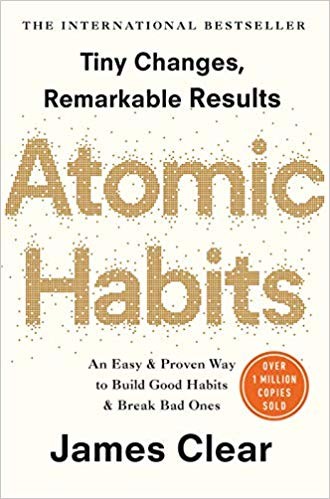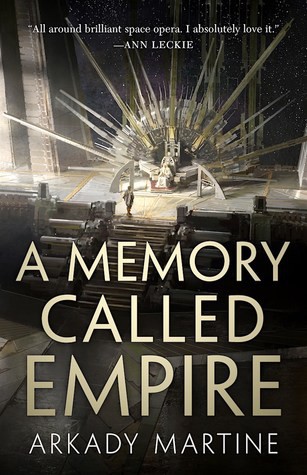I read forty-one books this year, about the same as last year even in the face of fewer five star page turners, some longer books (including two Neal Stephensons…), some math textbooks, and reading in general losing out to Tiktok.
Top picks are below, and you can find the full list over at the index. If you only read one, make it Atomic Habits.
| 1 | 0 |
|---|---|
| 2 | 1 |
| 3 | 15 |
| 4 | 15 |
| 5 | 10 |
| 100 | 0 |
|---|---|
| 200 | 2 |
| 300 | 9 |
| 400 | 14 |
| 500 | 8 |
| 600 | 4 |
| 700 | 2 |
| 800 | 1 |
| 900 | 0 |
| 1000 | 1 |
Non-Fiction
Atomic Habits by James Clear
Many people think they lack motivation when what they really lack is clarity.
Great refresher, led to me making some tweaks including:
- Crisper triggers, leading to better consistency. Examples: when I wash conditioner out of my hair, turn off the tap. When I go to open an app on my phone, open flashcard app instead (if not done for day), when I get to my desk write my TODO list for the day.
- Replacing “have to” with “get to”. Neat form of gratitude practice I wasn’t doing. Also useful in reacting to others: “tram broke down” / “what an opportunity, you got to walk!” Often gets a laugh and puts conversation on a positive track.
- Announcing out loud. “We’re not going to walk back past Pie Thief, because I will 100% buy a pie I don’t need.” Return path doesn’t matter, purchase now very unlikely.
I posted a Twitter thread about it.

The Halo Effect by Philip M. Rosenzweig
Helped fine-tune my bullshit detector. Pretty much all business studies are compromised because they rely on articles from the popular press and retrospective employee interviews, both of which are unduly affected by a halo effect — if the company was doing well, then everything else about the company was good too… and the opposite.
Once people—whether outside observers or participants—believe the outcome is good, they tend to make positive attributions about the decision process; and when they believe the outcome is poor, they tend to make negative attributions.
Strong Towns by Charles L. Marohn Jr.
First book in the field I’ve read so was all new to me. Plenty of unintuitive insights, mostly related to hidden or unacknowledged costs of infrastructure built ahead of growth resulting in effective insolvency for many towns … though they haven’t admitted it yet. Inspired me to read my city council’s annual report.
Didn’t feel particularly rigorous though – both with use of historical stories and current data – which leaves me suspicious. But curious to learn more.
Fiction
Jade City by Fonda Lee
I can’t do much better than the blurb:
Jade City is a gripping Godfather-esque saga of intergenerational blood feuds, vicious politics, magic, and kungfu.
The full trilogy absolutely delivers if you’re into that sort of thing.
A Memory Called Empire by Arkady Martine
Great story, fun characters, interesting world and themes. It’s a duology.

The Sparrow by Mary Doria Russell
Unsettling in a brilliant way. There is a creeping dread here that was really well done. Enjoyed the pro-spirituality bent also, I don’t see that a lot in the sci-fi I read.
He was aware of his agnosticism, and patient with it. Rather than deny the existence of something he couldn’t perceive himself, he acknowledged the authenticity of his uncertainty and carried on, praying in the face of his doubt.